Be honest—when was the last time you sat down to do some “serious work” and actually did it straight through? Improve Concentration and Productivity For most of us, it looks more like this: open the laptop, check an email, reply to a text, scroll for a “quick minute” on Instagram, and suddenly 40 minutes are gone. The world is noisy, and our brains chase that noise.
And that’s really the problem. It’s not that you’re lazy or bad at time management—it’s that everything around us is designed to grab our attention. If you want to improve concentration today, it’s less about pushing harder and more about creating space where your brain actually has a fighting chance.
Let’s break it down.
Why it’s so hard to stay focused right now
Think about your brain like an old-school radio. Back in the day, you’d tune into one channel and block out the static. But now? Every app, every email, every ping is like a different channel trying to hijack the frequency. No wonder focus feels broken.
Work isn’t like it used to be either. Most jobs are digital, meaning distraction is built right into the tools we use. You can’t exactly finish a report without the internet, but the internet is also the home of cat videos, news updates, and random memes. That constant switching destroys productivity.
Here’s the good news: just like you can train a muscle, you can train your focus. It’s not about becoming a robot; it’s about building daily habits and small rules that keep you from drifting off every five minutes.
Create your bubble (and guard it)
If you’re serious about concentration, start by cutting down noise—literally and digitally.
- Kill the pings. Put your phone on silent or turn on “Do Not Disturb.” Those tiny buzzes feel harmless but they rip your brain out of focus.
- Work clean. Close extra tabs. Leave open only what you need. Humans are terrible at ignoring shiny options.
- Control the vibe. Some people thrive on silence, others on lo-fi beats, white noise, or even background chatter. Figure out your “focus soundtrack.”
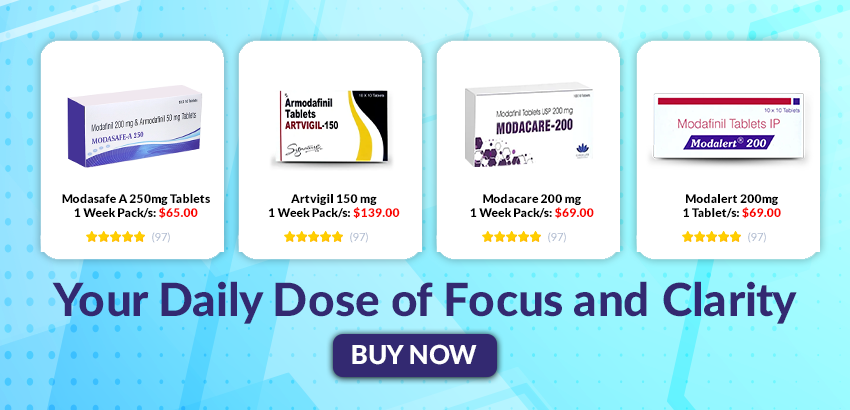
Think of this step as building a bubble where your brain doesn’t get pulled in a hundred directions. Without it, nothing else really works.
Break your day into sprints, not marathons
Ever notice how thinking “I’ve got to focus for 8 hours” feels impossible, but focusing for 25 minutes feels… okay? That’s the trick.
Try the Pomodoro method—work for 25 minutes, then take a 5-minute break. Four rounds in, take a longer one. Or, if you prefer bigger chunks, block out two-hour sessions and give yourself permission to check messages only afterward.
This works because your brain sees an endpoint. You’re no longer climbing a never-ending mountain, just short hills one at a time.
Fuel matters more than you think
Here’s something nobody talks about: half the time you “can’t focus,” it’s actually your body asking for help.
- Big, heavy meals? They make you drowsy.
- Sugary snacks? Quick high, quick crash.
- Not drinking enough water? Brain fog kicks in fast.
Instead, eat lighter meals, keep snacks like nuts or fruit handy, and sip water throughout the day. You’ll be surprised how much easier it is to stay focused at work once your body’s not working against you.
Move like it’s medicine
Long stretches at a desk do the opposite of helping. Your back aches, your eyes blur, your mind checks out. Movement resets all of that.
This doesn’t mean a full gym session during lunch. Just:
- Stretch your shoulders and neck every hour.
- Walk for five minutes between meetings.
- Do a few squats while the kettle boils.
These micro-movements send blood and oxygen back to your brain. The result? Sharper concentration and better energy without another coffee.
Practice focusing like a skill
Concentration is a lot like muscle memory. You don’t expect to bench-press 100 pounds without practice, so don’t expect flawless focus without training it.
- Single-task. Pick one task, do it fully, then move on. Multitasking is basically focus suicide.
- Mindfulness. Even five minutes of breathing or guided meditation helps you learn how to pull your mind back when it drifts.
- Micro goals. Don’t just say “finish report.” Say “write intro paragraph” or “fix slide three.” Smaller targets = more consistent wins.
With time, this training makes it easier to lock in for longer without even noticing.
The role of tools (and when medicine comes in)
For some people, no amount of tricks fully fixes focus issues. That’s where tools—or in some cases, treatment—can help.
If you’re constantly fighting sleepiness or your brain just won’t stay locked in, doctors sometimes prescribe wakefulness aids. One of the most talked-about is modafinil, often sold as Modavigil. It helps by boosting alertness and giving your brain the push it needs to stay switched on.
Now, this isn’t some casual productivity hack to pop before work. Modafinil is a prescription drug, meant for conditions like narcolepsy or serious concentration struggles. If you’re curious, it’s a conversation to have with a doctor, not with Google. But in the right circumstances, it can be part of the bigger picture of improving productivity.
A day in real life
Let’s put all of this into something you can imagine. Say Priya, who works in marketing, starts her mornings scattered—email, Slack messages, WhatsApp, and zero progress by noon. After a while, she tries a new setup:
- The phone stays in another room until lunch.
- She time-blocks her day into two-hour chunks: creative work in the morning, meetings in the afternoon.
- Lunch is lighter (no more massive carb-loaded plates).
- She walks around her apartment building once mid-morning and once mid-afternoon.
Within a couple of weeks, her focus stretches longer, and instead of scrambling at the end of the day, she’s actually wrapping things up on time. No magic, just consistent, realistic tweaks.
It’s not about perfect focus
Here’s the secret nobody tells you: even the most productive people get distracted. The difference is, they set up systems that pull them back faster.
Improving concentration isn’t about superhuman discipline—it’s about nudging your environment and habits so that focus becomes the easy option. Whether it’s shutting off notifications, eating smarter, or using medical support like modafinil under guidance, the real win is stacking the small things.
Productivity in a distracted world isn’t about never losing focus. It’s about learning how to come back to it, again and again.
FAQs
- What’s the fastest way to improve concentration during work hours?
Turn off notifications and work in short, timed sprints. Even 20–25 minutes of deep focus beats hours of half-distracted effort.
- Does food really affect productivity that much?
Yes—heavy meals, sugar spikes, or dehydration can tank your energy and focus. Balanced meals and water help more than you’d think.
- Is multitasking good for getting more done?
Not really. It splits your attention and slows you down. Single-tasking usually means better results in less time.
- How does modafinil fit into focus tips?
Modafinil, which is sold under the brand names Modavigil, is a prescription drug that helps you stay awake. It can be helpful in medical situations, but it shouldn’t be seen as a quick way to get things done.
- What if I just can’t concentrate on work no matter what?
First, try changing your surroundings: turn off your phone, take breaks, eat lighter meals, and move around. If it’s still too much, get help from a professional. There may be a deeper problem, like ADHD or trouble sleeping.
- Does sleep really make that big of a difference in how much work you get done?
Definitely. Not getting enough sleep makes it hard to focus, remember things, and make decisions. The real key to staying focused is getting 7 to 9 hours of good sleep.
References
- Mayo Clinic – Tips for Staying Focused at Work https://www.mayoclinic.org/healthy-lifestyle/adult-health/in-depth/concentration/art-20047428
- Sleep Foundation – How Sleep Affects Productivity
https://www.sleepfoundation.org/how-sleep-works/sleep-and-productivity - Harvard Health Publishing – The Importance of Exercise for Focus and Energy
https://www.health.harvard.edu/exercise-and-fitness - Cleveland Clinic – Modafinil (Provigil): Uses and Side Effects
https://my.clevelandclinic.org/health/drugs/19411-modafinil-provigil - American Psychological Association – Multitasking: Switching Costs
https://www.apa.org/research/action/multitask
National Library of Medicine – Effects of Nutrition on Cognitive Performance
https://www.ncbi.nlm.nih.gov/pmc/articles/PMC2805706/

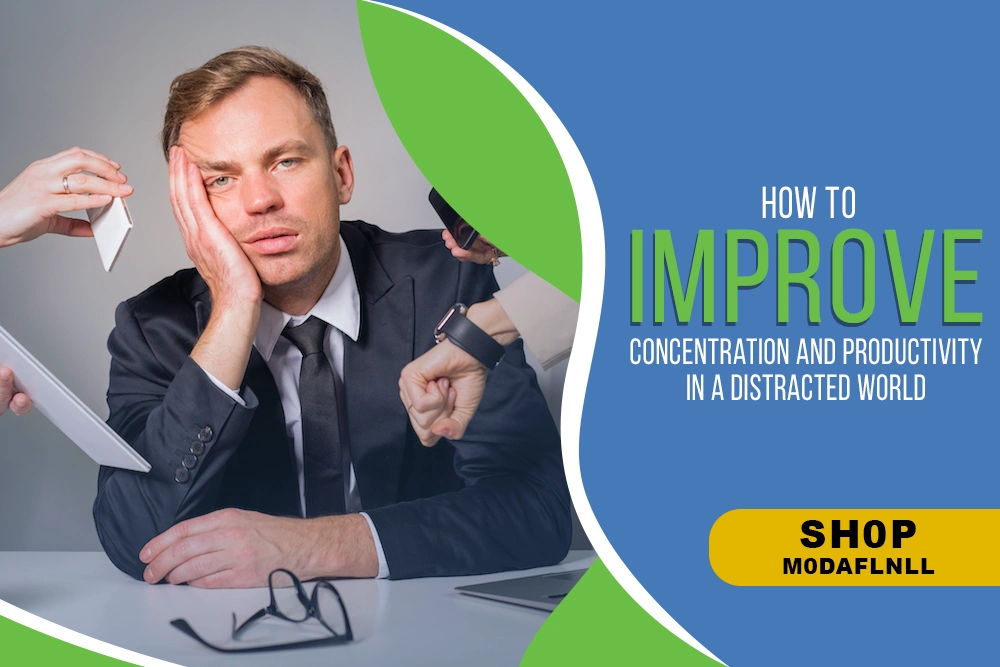

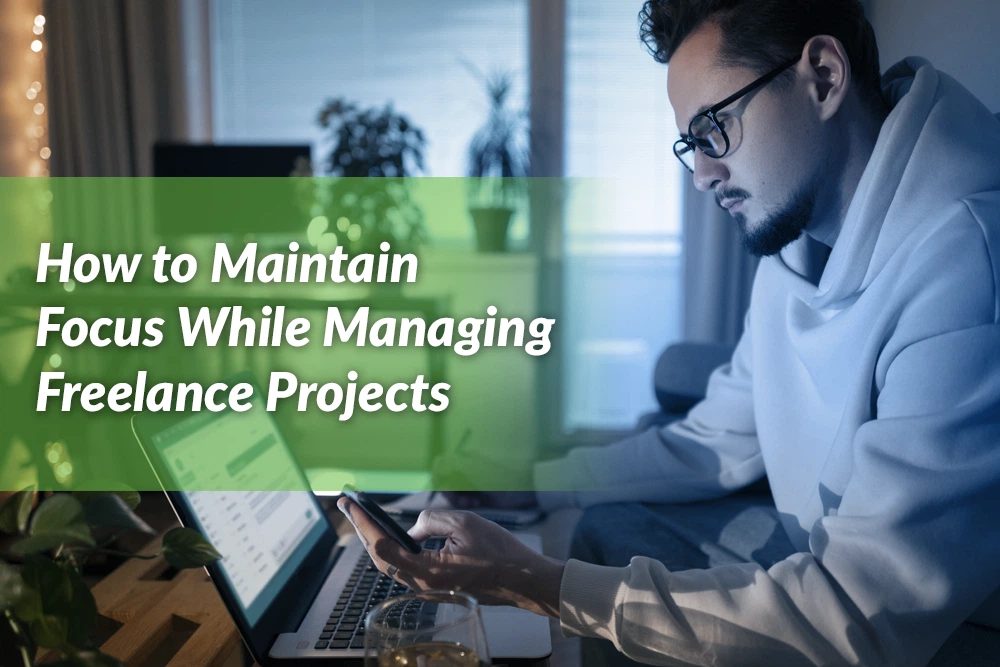
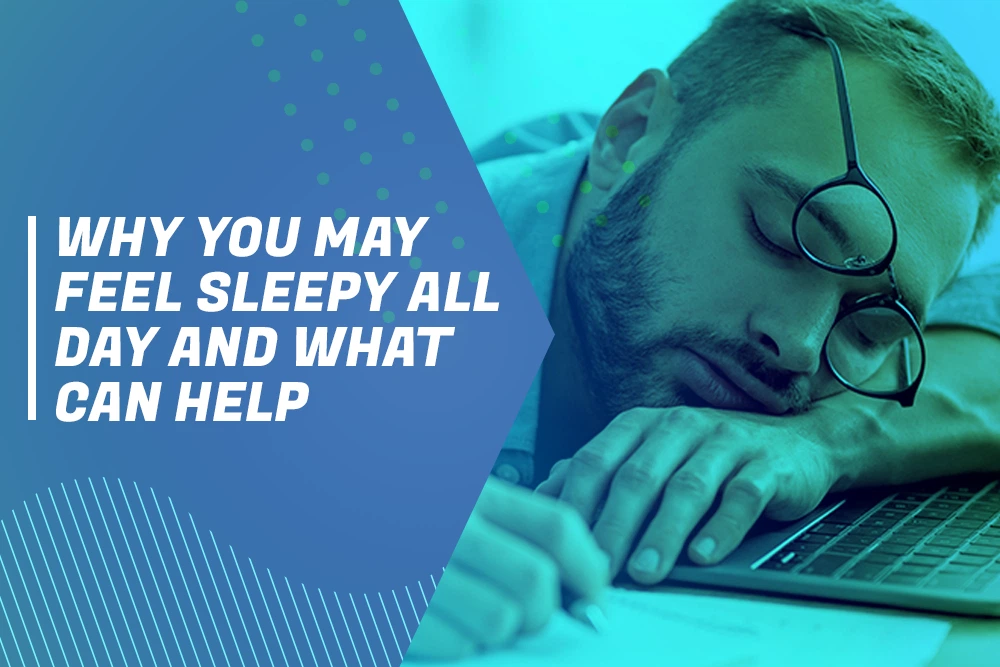

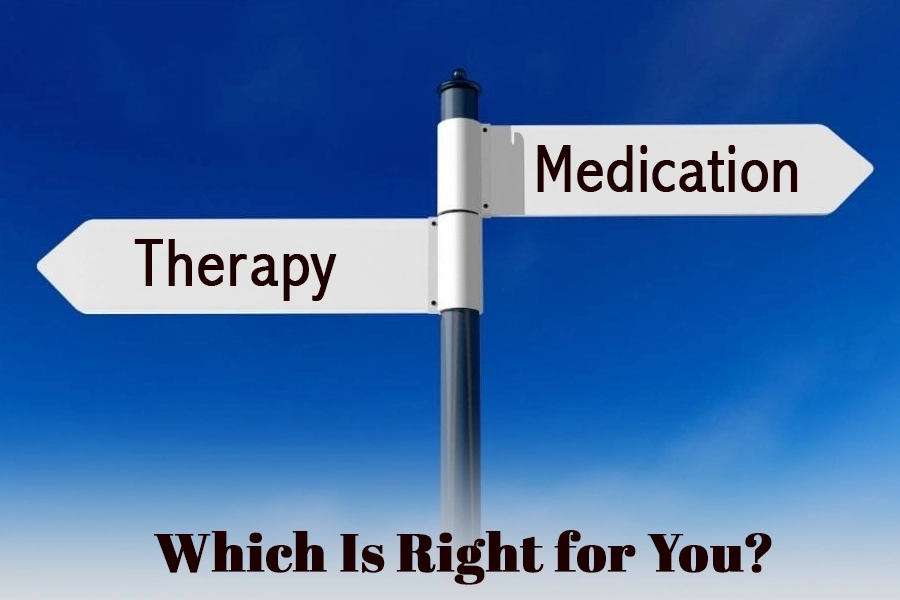

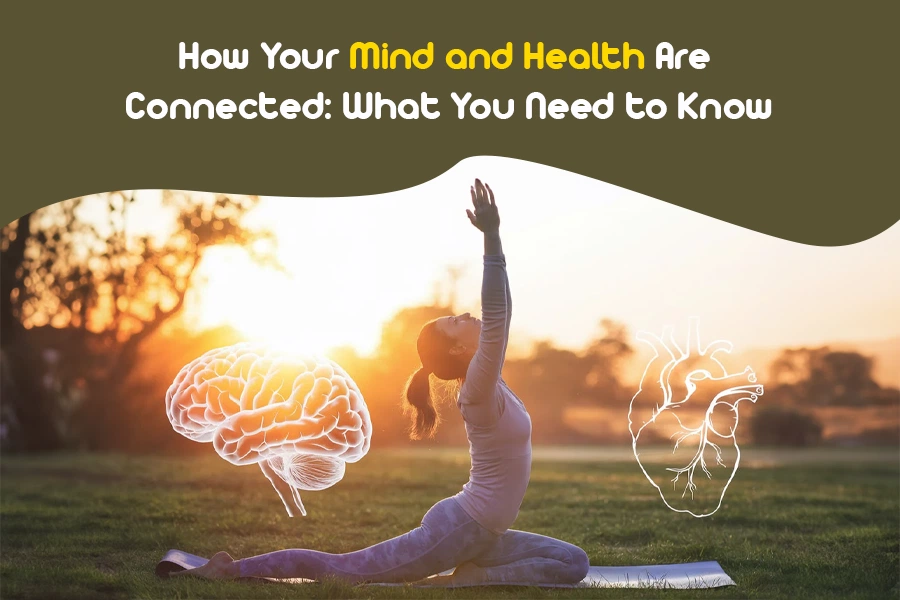
Leave a Reply